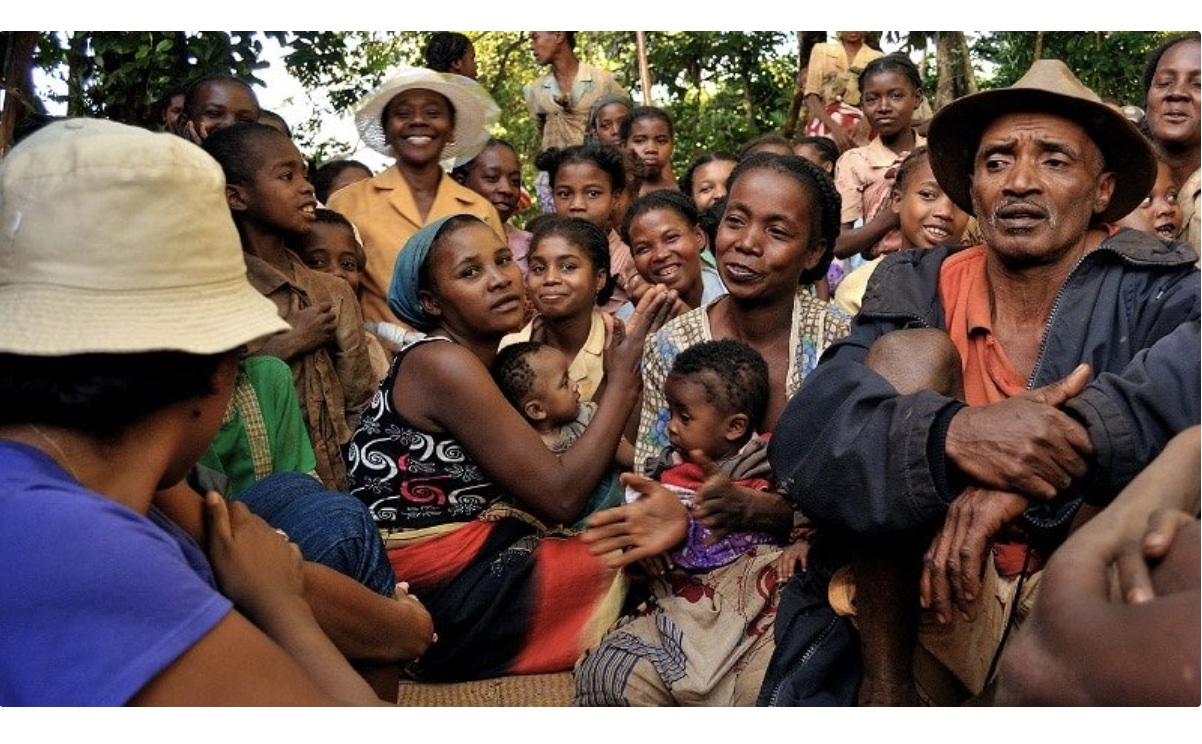. . SUSTAINABLE DEVELOPMENT . .
Translated and edited for CPNN from a post of July 30, 2022 on Blogger.com.
We will not stop repeating it, we must fight against corruption before corruption fights against us. Because not to act is to approve and to approve it amounts to showing non-assistance to a country in danger. And as corruption becomes a way of life on the Big Island, more and more people are pointing the finger at Fihavanana.
In its traditional use Fihavanana is a Malagasy cultural concept based on mutual aid that maintains a culture of peace and harmony by avoiding or resolving family disagreements, in the neighborhood or across the country.

Photo from the article The Fihavanana: Myths and Realities of a Value that Guarantees Social Peace
(click here for the original french version of this article.)
Opposing tax havens and corruption: part of the culture of peace?
It’s a big problem that this collective way of thinking is now in the service of corruption. It threatens to lobotomize the Malagasy at the cost of a common value.
Mutual aid is being diverted towards bribes; officials in charge receive compensation to make procedures more flexible or to make requests favorable. The bribes are justified by the desire to maintain the “Fihavanana”. It is no longer even a question of avoiding disagreements, they will rather use it to make favoritism, priority to acquaintances in the neighborhood. Who care about skill and effort! Positions and places will go first to family members. It is nepotistic “Fihavanana”.
Some go so far as to falsify data to favor their relatives, risk their work for corruption. But ironically, is it really better to lose money than to lose family as the Malagasy proverb says?
The blame should not be on the “Fihavanana” but in the use that one makes of it. A culture of peace cannot be harmful. But a fight against corruption is necessary so that the “Fihavanana” regains its traditional meaning instead of corrupting a national value, a culture that characterizes Madagascar. And even if the country has made some progress by going from 149th in 2020 to 147th in 2021 on the Corruption Perception Index (CPI), the fight is even becoming cultural.
(Thank you to Jay Ralitera for sending this article to CPNN)